How to Build a Spaced Repetition System That Actually Works
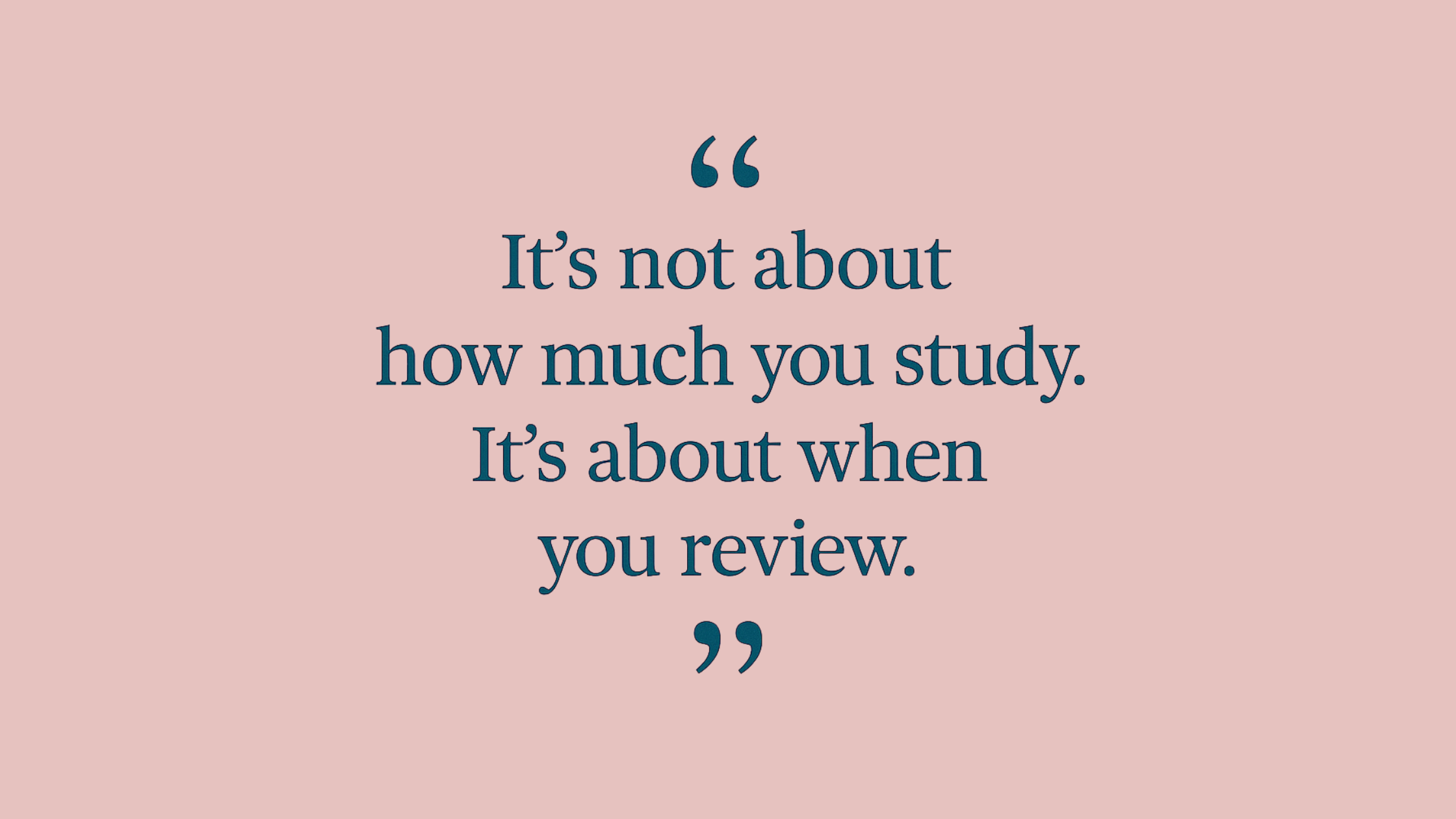
There’s something I see all the time—students who work hard but don’t learn smart. They spend hours revising, ticking off topics, and feeling productive… only to realise, a few weeks later, that it’s all gone. It’s not because they’re lazy or unfocused. It’s because they’re missing the one system that holds everything together: spaced repetition.
If you’ve ever felt like you knew something—then tried to recall it in an exam and your mind went blank—you’re not alone. That’s the forgetting curve in action. Our brains are wired to forget unless we revisit information just as it starts to fade.
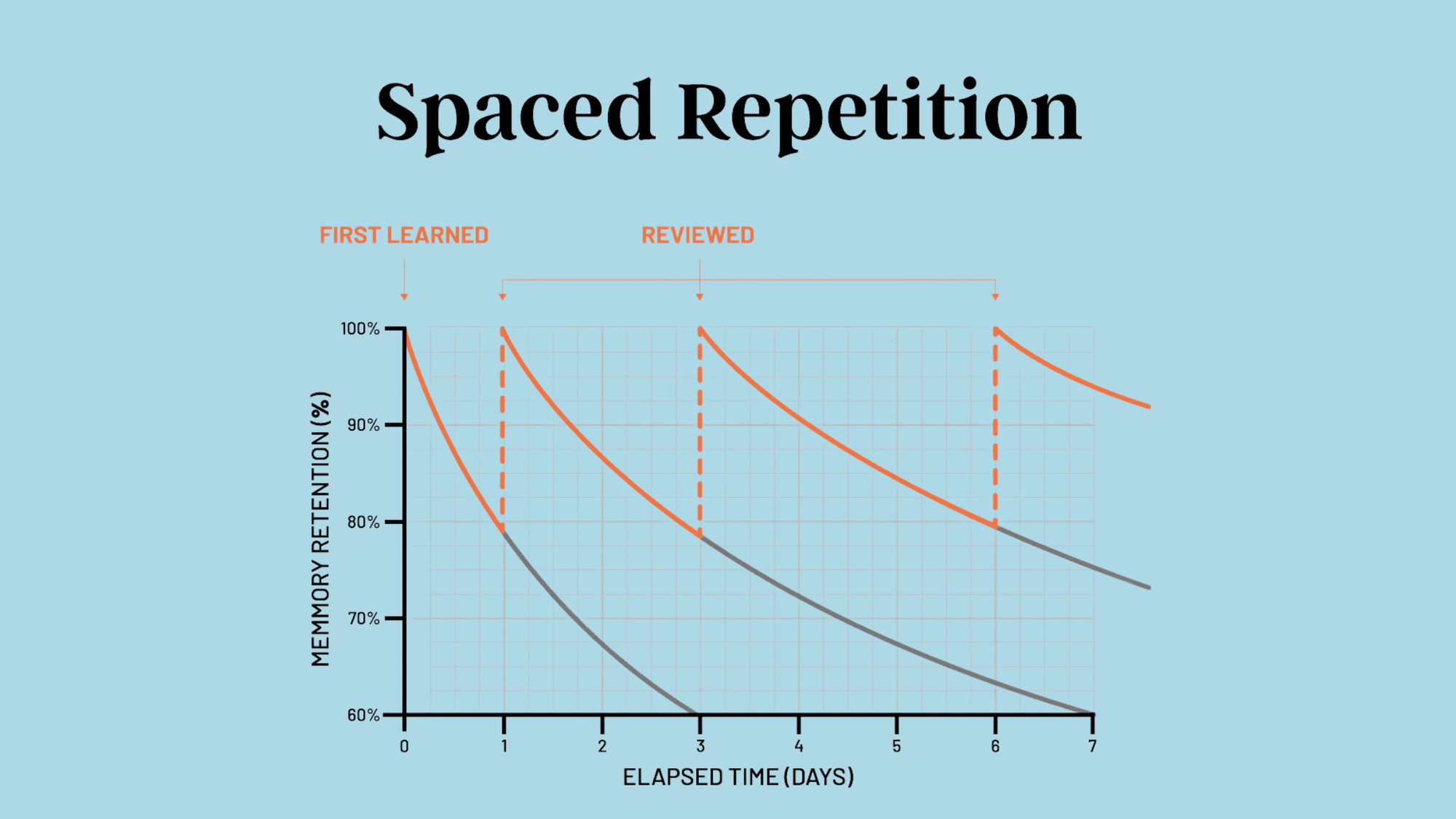
That’s where a bulletproof spaced repetition system comes in. And today, I’ll show you exactly how to build one.
Oh, and by the way: if you want free GCSE Science topic trackers to help you do this, you can grab them here. But honestly, it doesn’t matter where you track it. What matters is that you do. Let’s dive in.
Why Spaced Repetition is the Missing Link in Most Students’ Revision
Here’s the problem: most students think revision is about covering a topic. They watch a video on photosynthesis. Tick. They read a page on the periodic table. Tick. They do a few questions on forces. Tick.
But the real work starts after you’ve covered a topic. The moment you finish a session, the clock starts ticking—and your brain starts forgetting. If you don’t review that material at the right time, it’s gone.
That’s why a spaced repetition system isn’t optional. It’s essential.
The 135714 Rule (A Simple Way to Time Your Reviews)
When I first started using spaced repetition, I kept it old school. I printed out a six-month calendar from here, pinned it to my wall, and every time I studied a topic, I’d write it down—and then plan my next review.
Here’s the magic formula I followed:
✅ 1 day later — First review
✅ 3 days later — Second review
✅ 5 days later — Third review
✅ 7 days later — Fourth review
✅ 14 days later — Fifth review
✅ Then every other month — Maintenance
By the time I’d reviewed a topic 14 days later, it was in my long-term memory. After that, I could review it once every couple of months and still retain 90% of it. So when exam season came around, I wasn’t frantically relearning everything. I was just brushing up the 10% I’d forgotten.
It wasn’t fancy. It wasn’t complicated. But it worked.
Your Options for Building a Spaced Repetition System
Now, not everyone loves printing calendars (fair enough). So here are four practical ways you can set up your own system:
- The Calendar Method (Pen & Paper)
Like I did—print a calendar and stick it on you wall, write down topics as you study them, and schedule reviews using the 135714 rule. It’s simple, visual, and low-tech.
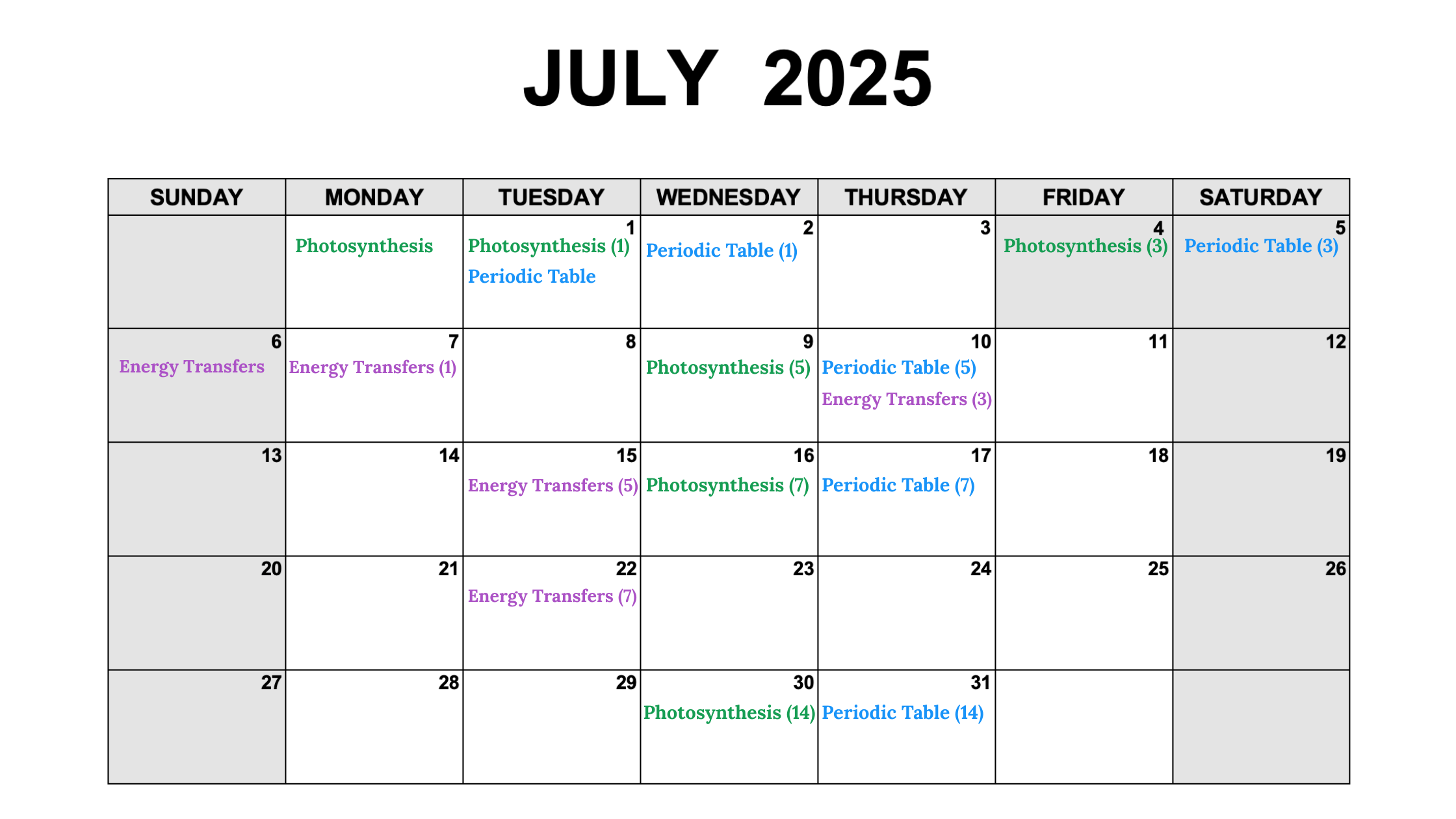
- The Flashcard Method (Leitner System)
If you’re a flashcard person, the Leitner system is a classic. You move cards to different boxes based on how well you know them. Easy cards get reviewed less often; hard cards get reviewed more. It’s a physical way of doing spaced repetition.
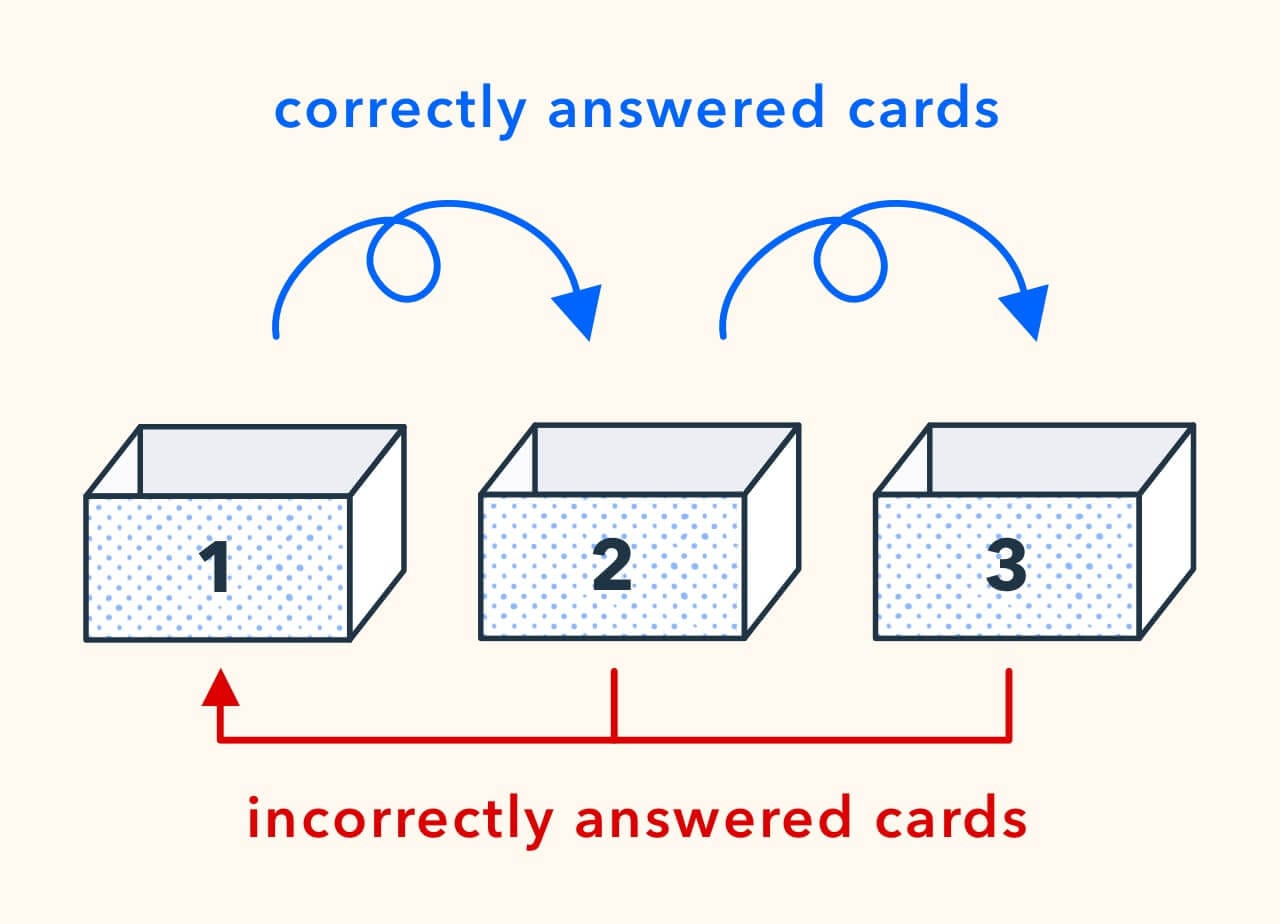
- The Anki Method (Digital Spaced Repetition)
Anki is the OG app for spaced repetition. It automates everything: you make flashcards, and it figures out when you should review them based on how well you know each one. It’s like having a personal memory coach in your pocket.
If you're interested in learning more about how to implement spaced repetition with Anki, check out this simple 15-minute video guide. Although aimed towards medical school preparation, the same principles apply to your GCSE revision.
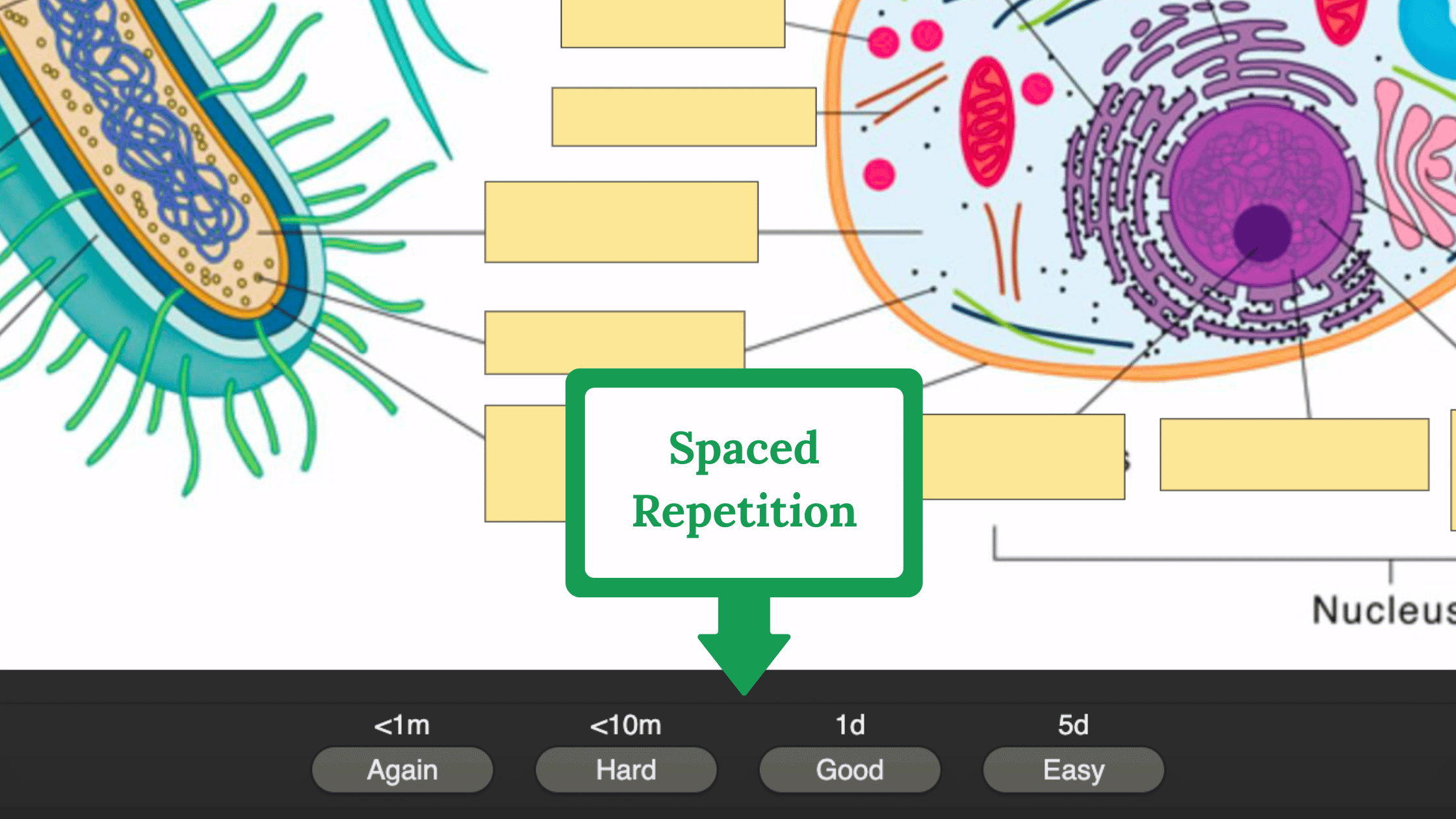
- The GCSE Doctor Topic Trackers (Our System)
If you’re studying GCSE Science, we’ve built free trackers for AQA and Edexcel here. You update the “Last Reviewed” date every time you study a topic, then plan your "Next Review" based on the 135714 rule.
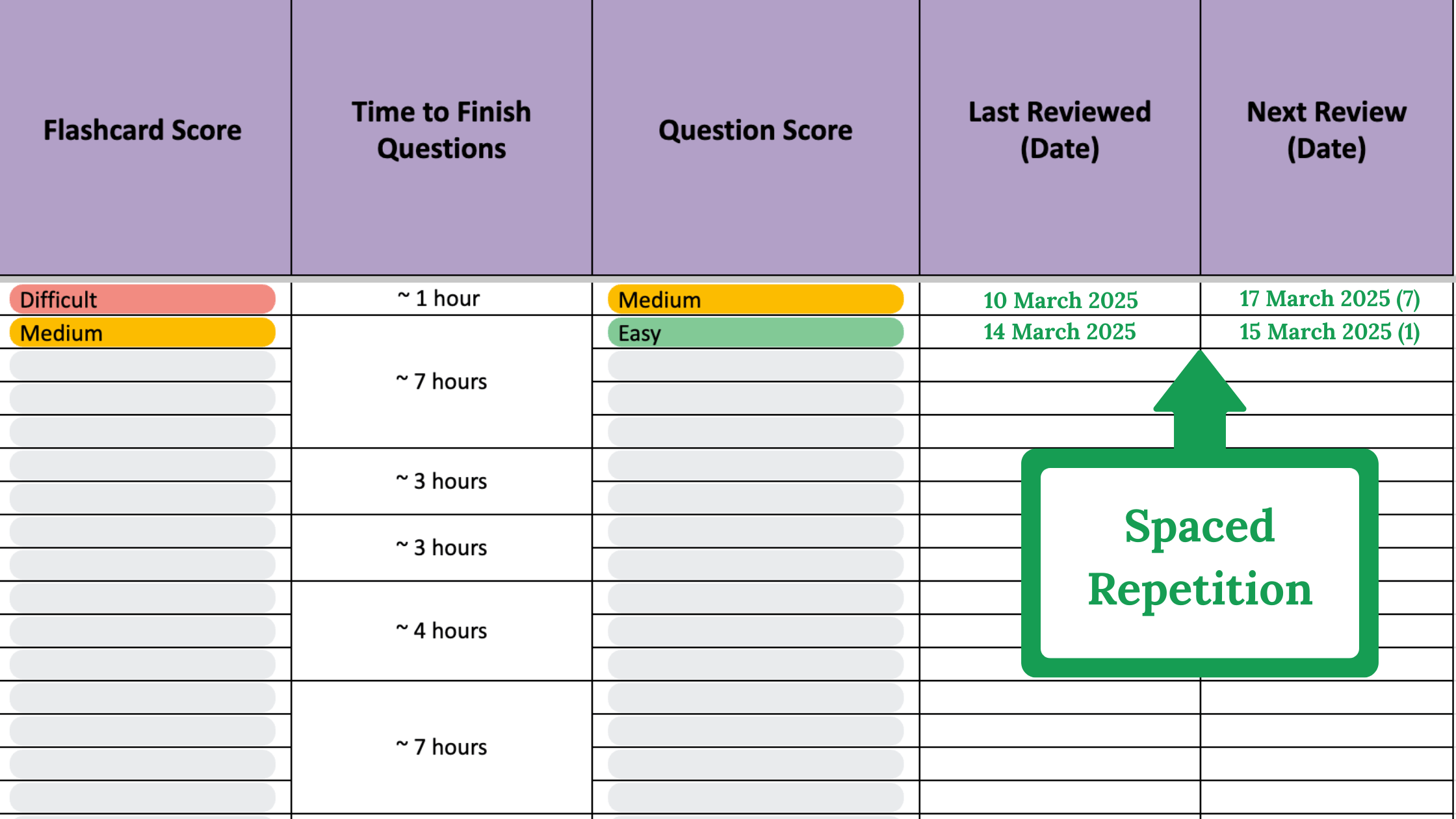
✅ To create your own:
- Click "File" in the top left corner.
- Select "Make a Copy" to save your own editable version in Google Drive, or download as Excel.
- Update the tracker as you go—add your review dates, scores, and plan your next steps.
This isn’t just about filling in boxes—it’s a system. Every time you review a topic, you know exactly when to revisit it next. But honestly? Whether you use our tracker, a spreadsheet, or a scrap of paper—it doesn’t matter. The system is what matters.
The Biggest Shift: Plan Your Next Review... Before You Finish
Here’s the mindset most students don’t have: they finish a topic and think they’re done. But the real work is this: at the end of every study session, decide when you’ll review that topic next.
That’s how you beat the forgetting curve. That’s how you build a system that works.
Pro Tips for Nailing Spaced Repetition
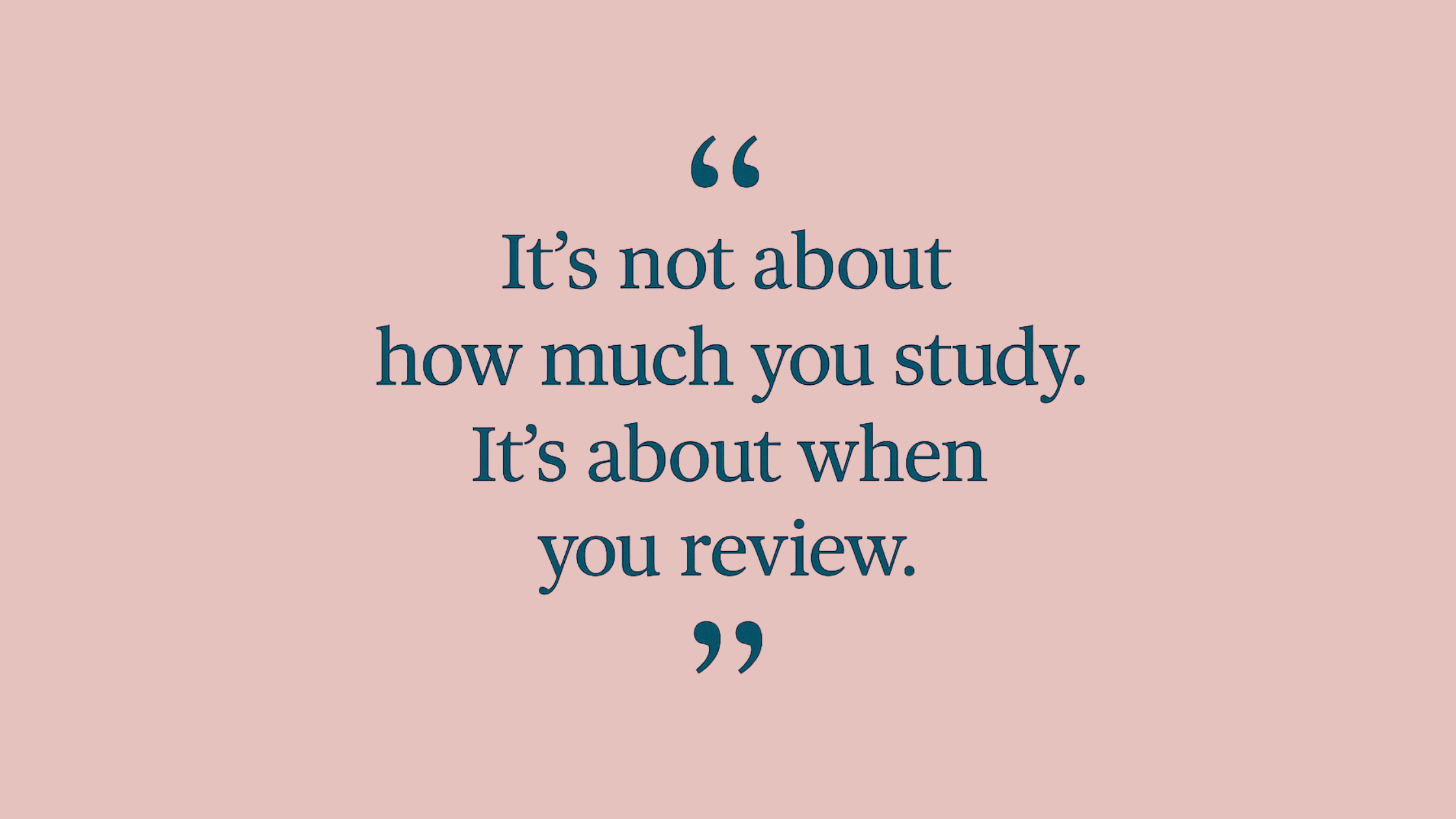
- Don’t overthink it. A calendar, a tracker, a flashcard app—it’s all just a way to make sure you’re revisiting topics at the right time.
- Trust the process. You’ll forget stuff—that’s normal. Spaced repetition doesn’t stop forgetting; it makes it manageable.
- Adapt if you need to. If exams are coming up soon, compress the 135714 rule into shorter timeframes. The principle is the same: review before you forget.
- Celebrate the wins. When you remember something in a test that you reviewed weeks ago—that’s spaced repetition at work.
Final Thoughts
Spaced repetition isn’t magic. It’s not flashy. But it’s the difference between thinking you know something—and actually knowing it when it counts.
Build your system. Stick to it. And when exam season rolls around, you’ll be the one who’s confident, calm, and ready—because you put in the reps.
New groups start in July.
👉 Join the Priority Access List here to get early access when spaces open.

